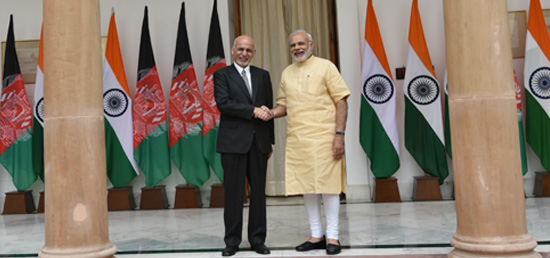If I say Amir Khusrau is our poet, I would be stoned in India,” the Tajik ambassador said recently in New Delhi, a shade dramatically. In Dushanbe, don’t be surprised if Tajiks recite to you soulful couplets of Zebn-un-Nisa, Aurangzeb’s eldest daughter better known by her pen-name Makhfil (The Hidden One). Mahabharata and Ramayana are prime time shows on Uzbek TV. And this will be a revelation for those not in the know: on Valentine’s Day, Uzbeks celebrate their love for the 16th century Mughal emperor Babur.
From Bollywood and kathak to yoga and Hindi, Central Asia is suffused with the glow of Indian culture and spirituality. It was, therefore, fitting when India launched its Connect Central Asia policy in 2012 as the two regions have been conjoined intimately through historical and cultural ties for centuries. It’s a relationship that has been enriched by culture and poetry, but geopolitically it’s only now this strategically located region is zooming back into the focus of India’s diplomatic-strategic establishment. Prime Minister Narendra Modi’s visit to the five Central Asian states is a compelling statement of India’s reawakened interest in the region that is critical to the country’s interlinked strategic, economic and energy interests. The forthcoming visit of Mr Modi, the first by an Indian prime minister to all five post-Soviet Stans states in one go, is a game-changer of sorts that’s set to transform India’s multifarious relations with the energy-rich Central Asian region, where China has firmly positioned itself as the leading economic power and dispenser of largesse.
Read More



